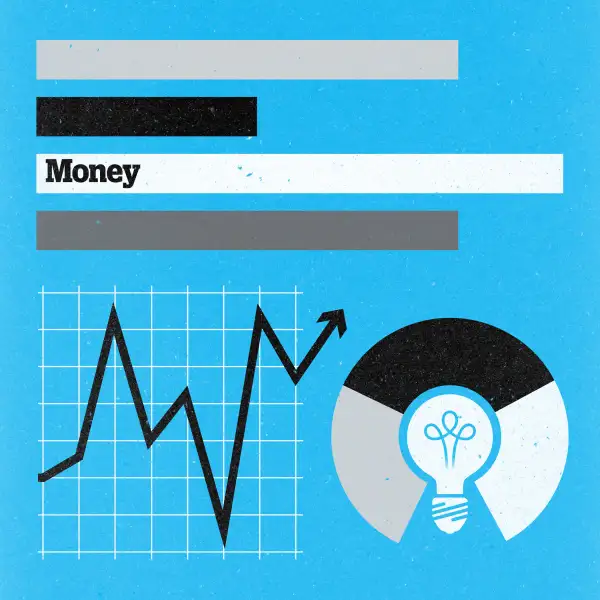Don't Let Stock Market Scares Dictate Your Strategy
Money is not a client of any investment adviser featured on this page. The information provided on this page is for educational purposes only and is not intended as investment advice. Money does not offer advisory services.

Q: With the current state of the stock market, should I be putting more 401(k) money into stocks, bonds, or short-term assets? I have lost $7,000 this year alone and I don't want this trend to continue. — Lloyd, Maryland
A: Nobody likes to see negative signs when they open their 401(k) statements, but changing your asset allocation now in hopes of avoiding short-term losses could do more harm than good over the long term.
“The worst thing investors can do is try to time markets,” says Robert Schmansky, a certified financial planner and founder of Clear Financial Advisors, based in Livonia, Mich. “It’s a losing proposition.”
Indeed, anyone who stepped to the sidelines at the end of August, when the stock market was selling off and scary, has missed out on the 10% rebound that the S&P 500 index has enjoyed since the start of September.
Schmansky's observation is backed by some sobering numbers from research firm Dalbar, which since 1984 has studied the effects of mutual fund investors’ decisions to move in and out of mutual funds. Over the last 30 years, the average equity mutual fund investor has lagged the market by an average of 7.3% per year, according to Dalbar.
The most acute underperformance, interestingly, has been during times of extreme market duress (think October 2008), when investors change course at the worst time possible.
Now, this isn’t to say there won’t be more losses in the near term, but “remember, you’ve lost nothing until you sell,” says Schmansky. What’s more, if you’re systematically adding to your 401(k), you’re also buying into those dips. In other words, you are buying low.
“If your time horizon is seven to 10-plus years out the vast majority of your assets should be invested for long-term growth,” he adds.
Having said this, if recent market volatility is you keeping you up at night or has you questioning your investment strategy, maybe it’s time to take another look at that plan. At the very least, make sure that your equity allocation is appropriate for the amount of time you have before needing to tap these assets.